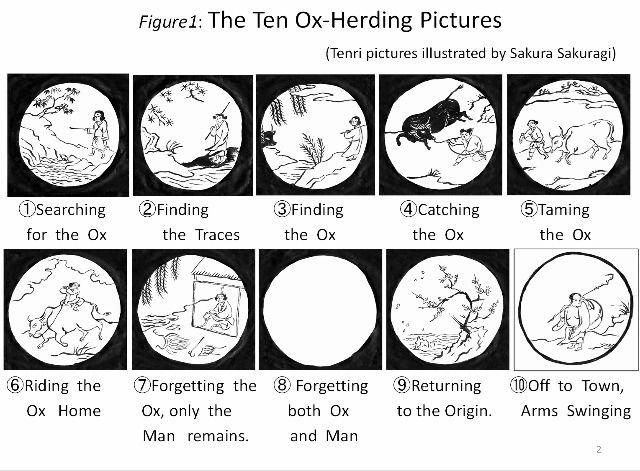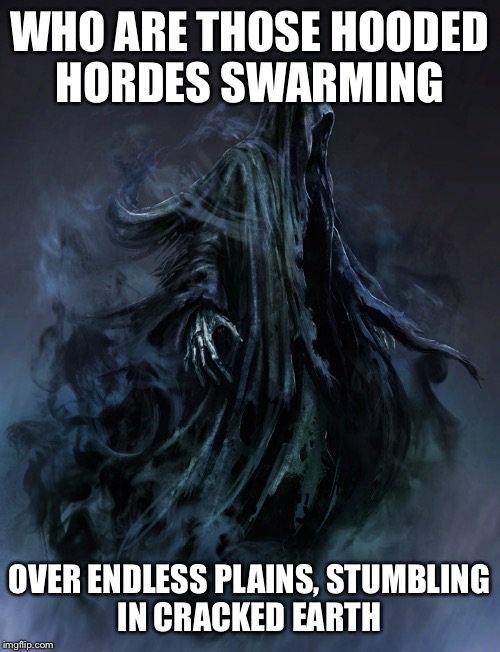Even when pre-sented with instructions that “anyone” should be able tounderstand and follow, practical troubles still arise. Trou-bles arise in that instructions do not specify the embodiedactions required to realize them.
I think I understand this well. It reminds me of the exercise where students have to explain to someone how to make a PB&J sandwich, but they run into trouble because their instructions have to be more detailed than they expect (such as remembering to tell the person to unscrew the lid to the peanut butter before telling them to spread peanut butter onto one half of the bread).




